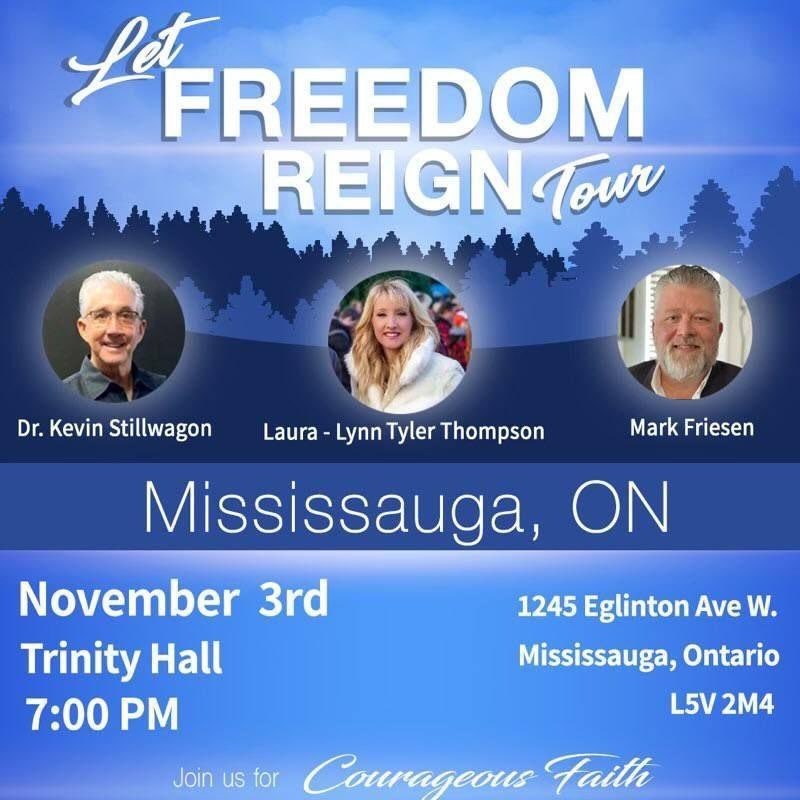
Objectivity, proportion and fairness are valued by news consumers. Individuals can sort out for themselves what to make of the information they receive from the media. They don’t want to be told what to think or be lectured to by the main street media with its non stop agenda-pushing.
If you like these videos, please subscribe to help me produce more and better content. Thank you!
Preventing a person from taking photos or video is a prima facie infringement of a person's Charter rights. These privileges are not reserved to media -- everyone has these rights.
There is no way the police would be touching anything without gloves and masks if they actually believed in this pandemic. Many police officers invaded my six foot social distancing space (I am mask exempt), especially when I am filming an arrest or attempted arrest.
The camera is a good cops best friend, a silent objective witness. The worst enemy of a good cop is a bad cop.
“Increasingly, people are being arrested, charged or even assaulted by police officers, merely for attempting to take photos or videos of officers at work,” says lawyer Karen Selick, who wrote on the topic last week in the National Post. “Often, police simply command people to stop photographing. Scared into thinking they must be breaking some law, citizens comply.”
“Police are being caught on camera and they don’t like it,” says Carleton University criminologist Darryl Davies. “But contrary to what the police may feel about the use of this technology to record their activities, there is no restriction on people taking pictures.”
“There is nothing in the Criminal Code that would directly prohibit someone taking pictures of officers in the performance of their duties in public,” says Abby Deshman, Director of the Public Safety Program at the Canadian Civil Liberties Association. “They can tell you to move away but they don’t have the right to stop you taking pictures.”
Deshman says the association has been contacted by several people complaining of “feeling intimidated or threatened with charges by police for taking pictures of them in public.”
The most infamous case in Canada in this cops versus cameras confrontation is undoubtedly that of Robert Dziekanski, the Polish visitor, who died after he was tasered at the Vancouver airport in 2007. A bystander captured the tragedy on video. The RCMP seized the camera and the owner had to threaten court proceedings to get it back.
In Selick’s account, a client whose property was being searched by police asked friends to videotape the event. The police, however, forbade them taking pictures. They also confiscated the cellphones of three others they thought connected to Selick’s client when they searched their homes. The photos taken on one phone were even deleted. According to Selick, when the phone’s owner complained, police responded: “We can do whatever we want.”
No they can’t. So, what should you do when a police officer (or, for that matter, a self-important security guard, pompous park warden, officious bylaw officer or any other badge-carrying public servant) tells you to stop taking pictures?
Davies offers this advice: Politely and respectfully inform them that they have no authority to issue such an order, that there is no law in Canada that forbids you taking pictures in a public space, and if they act aggressively toward you or threaten to seize your device, calmly inform them they will face an official complaint and, possibly, criminal charges of illegal search-and-seizure.
As a society, we give large-scale powers to police. However, cellphones and video cameras readily expose how those powers can be abused. And as Davies remarks, “that is why the presence of this technology is being resisted by some police. They don’t want to be caught on camera doing what they have always done.”
Policing is a tough and risky job. Officers confront the worst of human nature. It is also true that subduing someone can appear excessively violent to an outside observer when, in fact, the controlled use of violence may be the safest thing for both the suspect and the officer. Police officers may think those who question their authority — or take pictures of them — raise the risk threshold. Thus, they react aggressively.
But unwarranted aggressiveness is a symptom of inadequacy and, indeed, compensation for the insecurity born of that inadequacy. In this regard, more psychological testing of police officers over the course of their career might be warranted. Police cadets take a psychological examination when they join the force, but considering the nature of the job and the effects of police culture — that thin blue line mentality that regards anyone not wearing the badge with skepticism — periodic testing every, say, five years might prove worthwhile.
Citizens should always be respectful of police, but the greater onus is on the police to respect the citizen — even when they are taking pictures that might embarrass officers — because they have sworn an oath to uphold the law.
Possessing a badge and a gun is not an excuse for petty tyranny. The police exist to ensure the safety of the public, not control the public.
Justice for Medicine event defending the fundamental rights of doctors patients and ALL Canadians
A Conversation on Healthcare and Rights: A Canadian Perspective
click here to donate https://justiceformedicine.com
Are you aware of the ongoing discussion about the rights of doctors, patients, and all Canadians?
This conversation is centered around the balance between public health policies and individual freedoms, exploring what it means for the future of healthcare in Canada.
Join us for a thoughtful and respectful discussion led by Constitutional Lawyer Michael Alexander, who will share insights on the current legal challenges faced by medical professionals in Ontario. This includes a look at the recent cases where doctors have faced professional repercussions in the context of the COVID-19 pandemic.
We invite you to engage in this important dialogue—whether you have questions, concerns, or simply want to learn more about these complex issues. It's an opportunity to come together, listen, and ...

Quebec Police target Free Media 04/30/21 https://rumble.com/vge8q3-quebec-police-target-free-media-043021.html
Banned by YouTube! Is big tech and the media telling you what to think? Love versus fear. Toronto, Canada 02-20-21 https://rumble.com/ve453t-is-big-tech-and-the-media-telling-you-what-to-think-love-versus-fear.-toron.html












